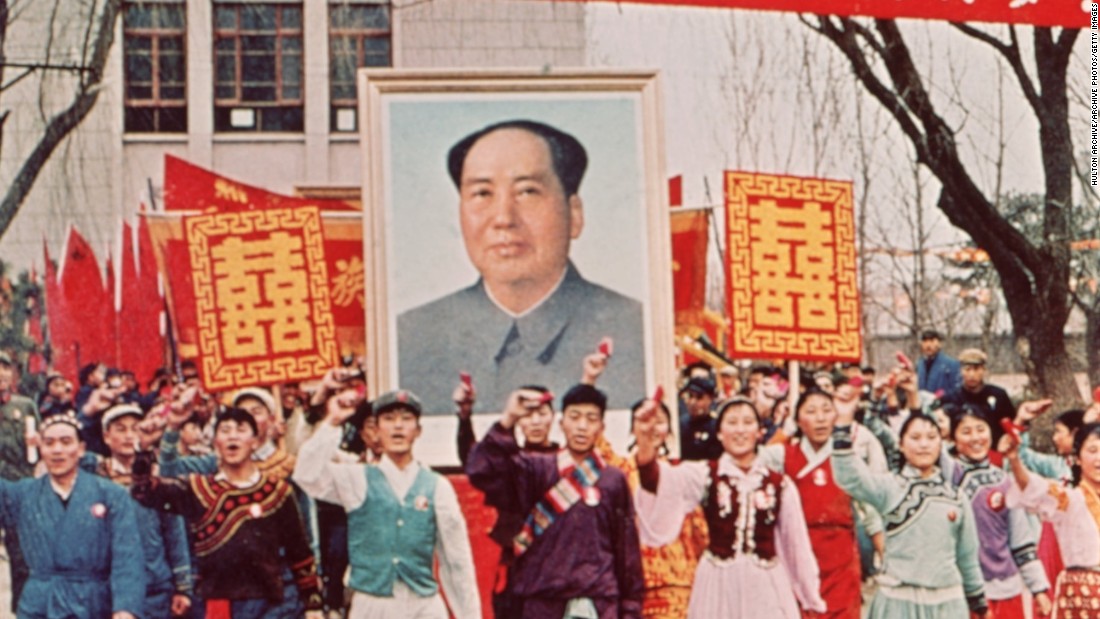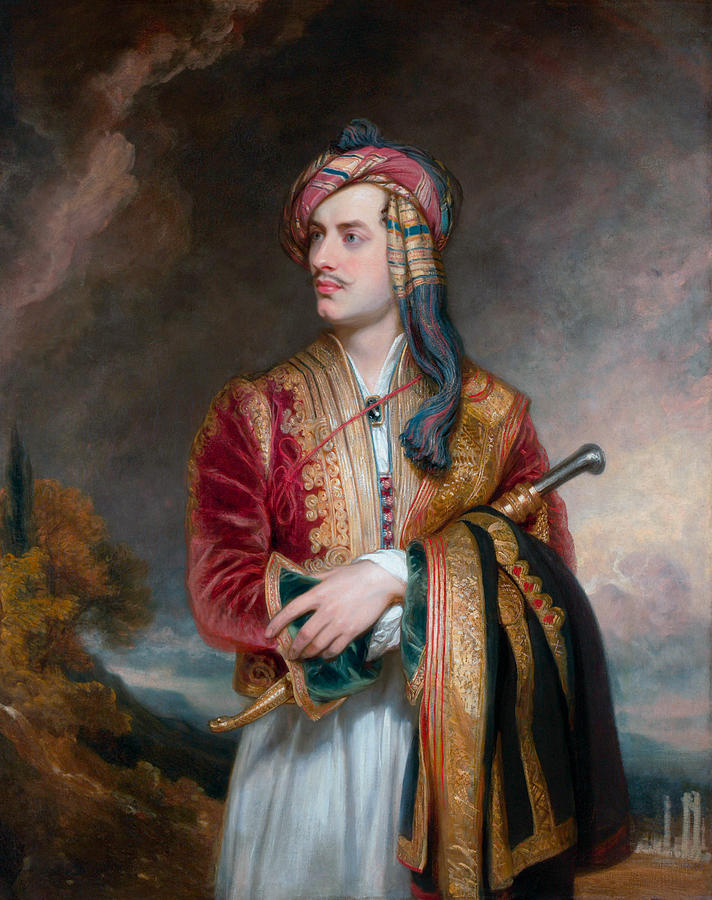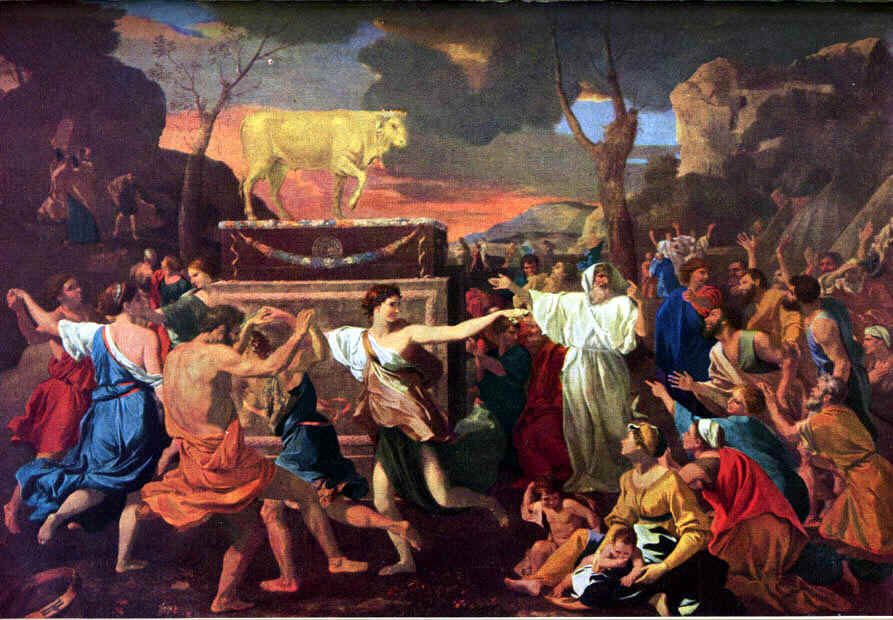
What is highbrow? How do we know we are in the presence of the highest in terms of what we understand to be the fine arts, including writing, the visual arts, and music?
The answer is simple. The response will be an emotional one.
Feelings are what great art produces and whatever thoughts or words happen to surface can safely be ignored.
Only one intellectual idea is involved: the strong feelings produced run the gamut from comic to tragic (they vary, dynamically and with purpose) so that even as we respond with strong emotion, we are not aware that here is a piece which is “sad”—or here is a piece which is “funny.” The tragic and comic are both present and support each other, and the way they do this is intentional.
The “joke” may be “sad,” until we get to the punchline—and then we laugh. An ingenious joke (work of art) is both tragic and comic in a similar manner.
We’ve all experienced seeing inferior art in a setting where appreciation is an obligation—perhaps we are looking at a drawing by our child. We are highly aware that as we smile condescendingly, we are feeling no emotion beyond the attempt to show proper appreciation. This, too, however, is an emotion. This sort of emotion—any emotion (except perhaps actual disgust) potentially belongs to the work of art’s effect, as long as the artist has intentionally made us feel that way. And it helps that we are wholly aware of this intention.
If we laugh at what was supposed to be sad, the art fails. If we do not laugh at what was supposed to be funny, the art fails.
If we laugh and know, as we laugh—or weep, and know, as we weep—that this is the artist’s intention, the art succeeds.
The formula is astoundingly simple, despite the attempt by stupid people to make it more complex.
We might expect the formula for the appreciation of the greatest art to be more complex, but it is not. Do not let the stupid fool you.
I have even erred myself by making it seem more complex than it is, forced to use crude examples—the metaphor of a “joke,” and terms such as “comic” and “tragic”—in order to get my extremely simple point across.
I said the formula is simple. But it can be bent, twisted, elaborated on, embellished,
The truth is white light, colored by various hues, the combination of which, is the art. The truth can be funny or sad, depending on who is expressing it—the truth is not finally the matter at all (any fool can blurt out the truth) but how the funny and sad combine emotionally.
It is instructive that things can be funny and sad at once—that this is so, most of us are dimly aware. How it is so, and how it is made so, belongs to the skill of the artist, who doesn’t so much use paint or words but ply the tickle created by discord together with eternal sighs of harmony.
The truth—super-obvious by its very nature—if even allowed a mention (it tends to ruin any project before the necessity we entertain for that project appears), is no doubt present, even as the artist is superior only for being superior at hiding it.
The most devastating criticism of something serious is simply to laugh at it.
This “criticism” is used by the greatest artists as part of their artistic trade. They secretly laugh (within their art) at whatever serious matter they unfold, in order to be critic-proof, and the by-product of this, in the hands of the skilled, is interesting art. The inferior artist, using this trick, produces buffoonery. And even then, the crazy, acting defensively, secretly self-mocking, may, in rare instances, be accidentally good.
Aldous Huxley, as critic, was vaguely aware that he had caught Edgar Poe carelessly using this trick—the rhythms of “Ulalume,” Huxley felt, were comic, and therefore entirely ruined the poem’s tragic theme. Huxley mercilessly and condescendingly mocked Poe’s well-known work.
Whether Huxley is correct, or not, goes to the whole heart of the matter.
The great artist mixes contrary emotions well.
The bad artist doesn’t attempt a mixture at all, or does it badly.
Huxley didn’t make this point. He didn’t allow that Poe could be funny and sad at the same time (both funny and sad is mad?). He simply took Poe to be serious, nothing but serious (the way some people don’t like Beethoven or most classical music because it sounds to them like ‘funeral music’). Those who love Mozart hear tears and laughter by turns, shocked by how the “music” is nearly secondary to the emotional fluency and expression.
There is crude madness and refined madness—great art is the latter.
Huxley’s skewering of Poe (a Modernist, over-thinking sport, perhaps) was reprinted in a textbook anthology by editors belonging to the New Critics, a circle led by John Crowe Ransom, the best Modernist critic there was (tied with Eliot, perhaps).
Modernism, for Ransom, sought to escape the crude mixing of the old literature—the moral (lemon) with entertainment (sugar) producing “lemonade,” is how Ransom put it.
We moderns mix more radically, Ransom said; table salt tastes nothing like its two elements, sodium (NA) and chloride (CL).
Ransom didn’t get into the morals at all; his point was merely how well the mixing was done.
To this point of his: I, of course, agree. But some Modernists tend to think nothing subtle was done in the past—an inhibiting approach.
The mixing is all. The mixture has nothing to do with morals (except as coloration) in neither the great works of the past or in the better works of the present.
Dante, and other great artists, produces emotion in the way I have described—a variety of feelings simultaneously introduced, rigorously and intentionally.
This is as moral or intellectual as great art gets. And Ransom would agree—the truth (what some might call the ‘meaning’ or the ‘moral’) is hidden.
The New Critics’ most forceful doctrine was: no summary or paraphrasing of a poem is able to come near the poem itself—especially in its operation, as we actually experience it (emotionally).
No “criticism” of great art is possible. One cannot say “what” the Divine Comedy is “about.” To say what it is intellectually would be a lie. One has to read it. Maybe not finish it, if it is too long. But, at least, experience parts of it.
Yes, the same can be said of a stain on the sidewalk. So we must be careful. We must be sincere when we appraise art.
One can “review” the Divine Comedy, or “Ulalume,” isolating elements, comparing passages, remarking on grammar, rhythm, and the kinds of simple feelings (sad, funny) which are invoked. But what the work is, in terms of truth, cannot be articulated, and the better the work, the more this is so.
The great work of art is a joke inside a joke inside a joke, which ends up being not funny. Or a tragedy which makes us laugh. And both of these at once. As Poe put it, it’s never about the moral but the moral in motion. This radical and dynamic mixing perhaps flies in the face of Eliot’s “objective correlative,” but the truth is, Eliot is more subtle than this concept, which he introduced haphazardly, in attempting, remember, to radically reassess the past—a fad belonging to all of Eliot’s intellectual circles, beginning with Ruskin’s Pre-Raphaelites.
But what about the student who says, “Tell me what it means, professor! Then I will have feelings about it just as you do! Yes, the moral and the truth are hidden. But you, sly dog, know what the truth and the moral are—so just tell me!”
What do we say to this? Doesn’t a question like this make our highbrow subtlety seem a bit—dishonest?
Yes and no. If the art is indeed great, we should be able to “teach” it so it becomes emotionally real to the student. But most of what we would be “teaching,” would have nothing to do with the art in question—but rather with life, which underlies the art, or, with other works of art, for comparison with the art work in question.
The student is not “feeling it” because of general things—not because the masterpiece under consideration is intentionally obscure. The student, simply by trusting his or her feelings, “understands” the masterpiece much more than they realize. One needs to know the rules of chess to appreciate chess. One needs to know the rules of life to appreciate great art. Any soul can be taught a grounding of this, gradually, for free.
As I have pointed out, the formula is simple. All that’s necessary is a democratic society and a good heart. Experts and priests are not necessary.













